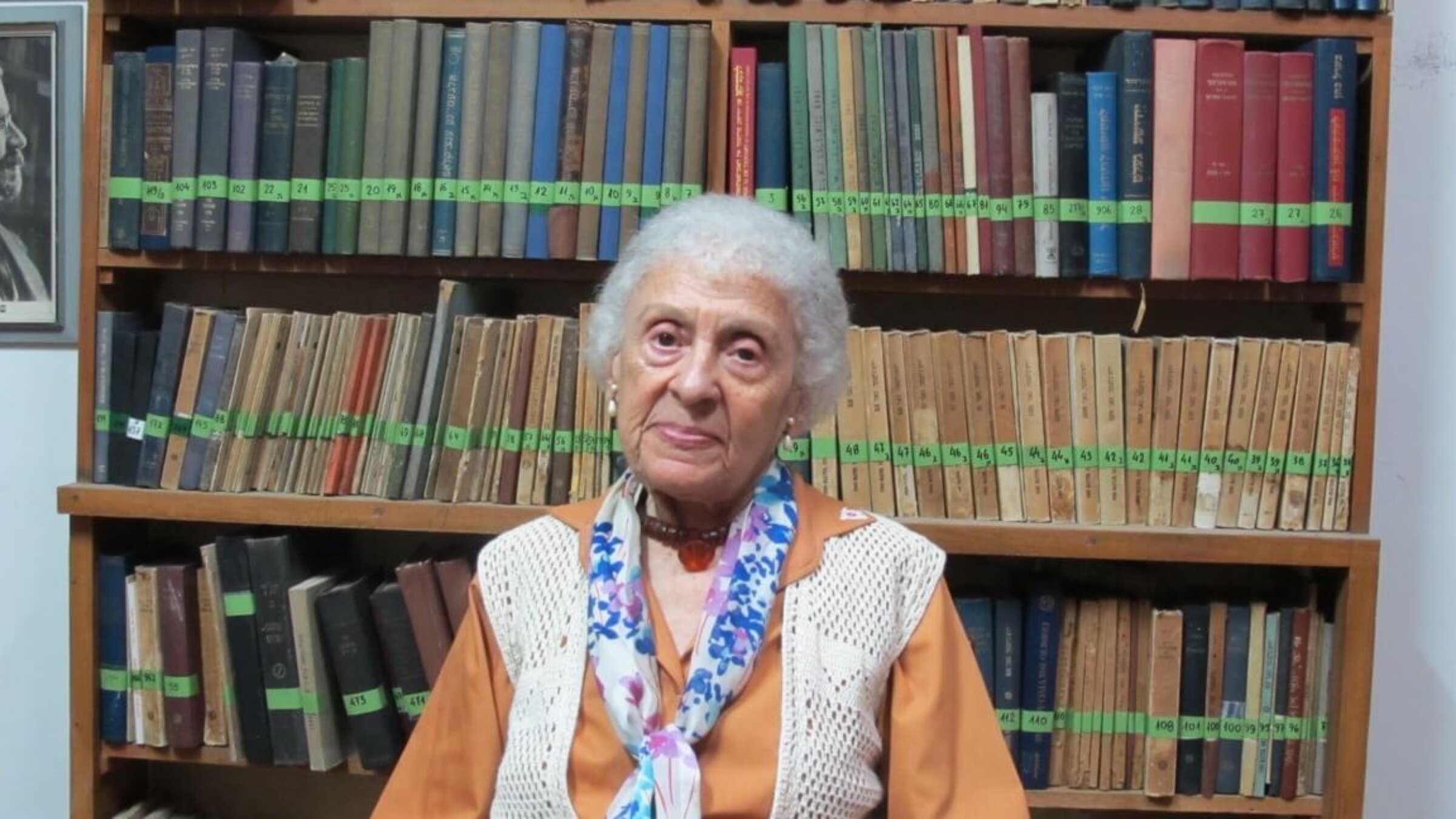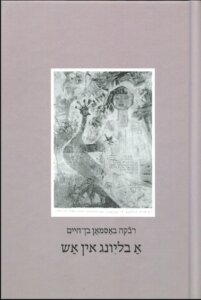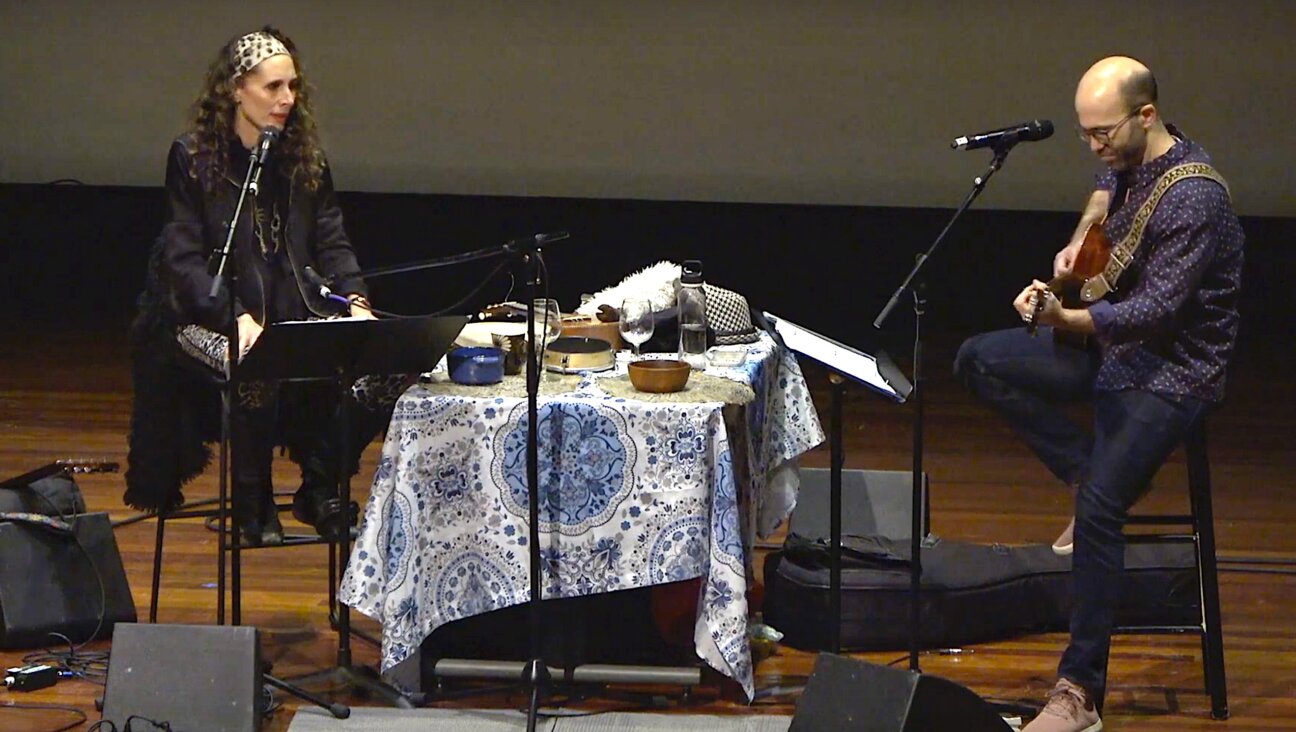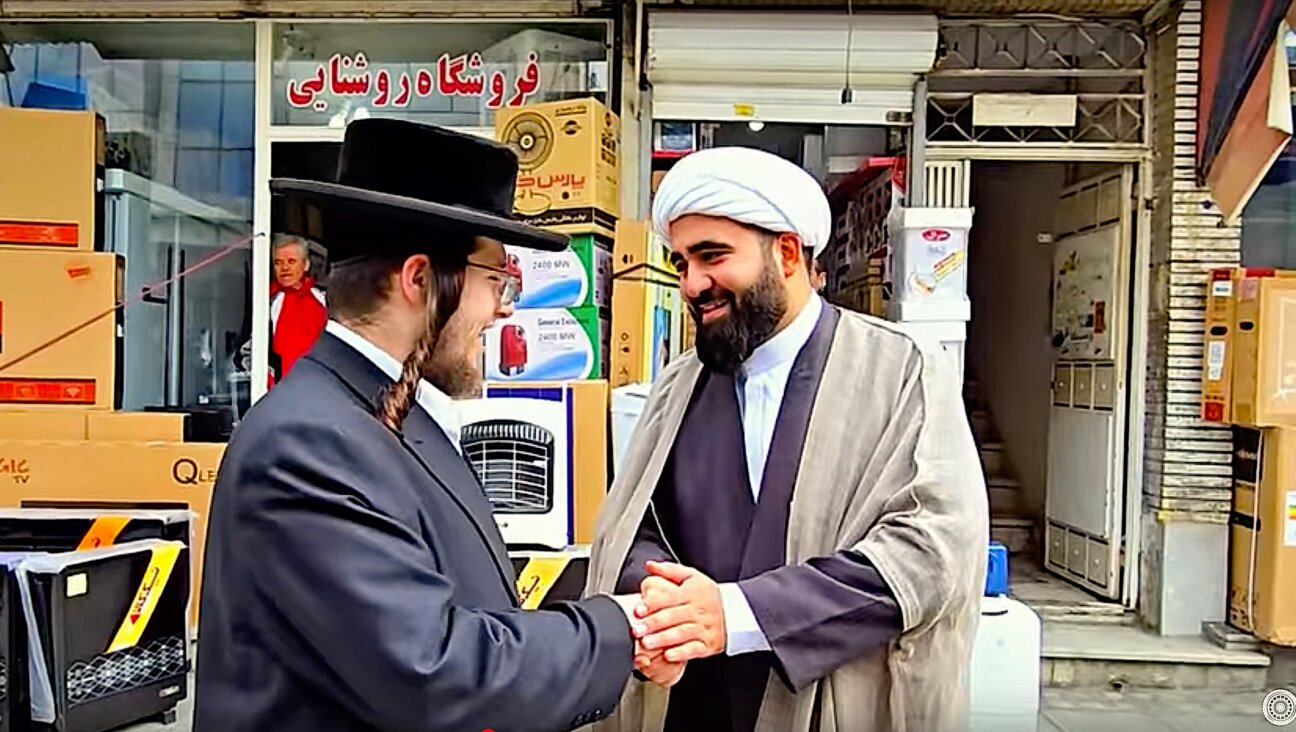The late poet Rivka Basman Ben-Hayim’s tragic secret
Although Basman spoke little about what she endured during the Holocaust, the author believes that her remaining childless was linked to it.

Photo by Bella Bryks Klein
Legend has it that shikses (non-Jewish women) are blonde, but Jewish women are not. Well, there are blondes aplenty in my father’s family. There probably would have been more, were it not for the Nazis. In fact, were it not for the Nazis, there would be more blond, blue-eyed Jews in general. Here’s how I know.
I was a young child when I first met my father’s niece, Ibi. Out of sheer curiosity, I asked her: “Ibi, where are your children?” She didn’t answer. When she ran out of the room crying, I had no idea what I had done wrong. My father stepped in and explained: “When Ibi was younger there were bad people who did very bad things. They didn’t want Ibi to have children, so they made sure she couldn’t have any.”
Years later, after I’d learned that Ibi was a Holocaust survivor, I realized that what my father was discreetly telling me me was that the Nazis had sterilized Ibi because they wanted to prevent blonde-haired, blue-eyed Jewish women from procreating so as not to “contaminate” what they called the Aryan race.
When I once mentioned this to a cousin of mine who lives in Flatbush, Brooklyn, she told me that in her synagogue there are a handful of older women, all of whom have adopted children because, as they put it, “after the war” they were unable to have children. Many of these women were useful to the Nazis since they could work in the labor camps. But the next generation of blond, blue-eyed Jewish children never came to be.
On March 22, the great Lithuanian-born Yiddish poet Rivka Basman Ben-Hayim passed away in Herzliah, Israel. During World War II her father and 8-year-old brother were killed by the Germans while she was sent to the Vilna Ghetto. When the ghetto was liquidated, she was deported to Kaiserwald, a forced labor camp for women in Riga. While in the camp, she and two others decided that each would do something every day to lift the spirits of the women in the camp: one sang a song, one danced, and Rivka recited a poem she had composed that day. When Kaiserwald was liquidated, she managed to rescue her poems by rolling her copy of them under her tongue.
After the war, Rivka married the painter Shmuel Ben-Haim and they settled in Israel. The couple lived on Kibbutz Ha-Ma’apil for 16 years, where she taught schoolchildren.

I first met Rivka about 40 years ago at an event in the Leyvik House, a Tel Aviv meeting place for Yiddish poets and writers living in Israel. I felt immediately close to her and asked her: “Rivka, do you have children?” She nearly shouted back: “There are some things that I never discuss, even with my husband!” I realized then that I had unwittingly overstepped the bounds of her privacy. Following a very painful pause, Rivka added: “It’s not that I didn’t want any.” That was all she said; I filled in the details on my own.
Rivke loved working with children but as some of her poetry reminds us, her joy was often interrupted by painful memories. In her book, A Bliung in Ash (“Blossoming out of the ashes”), she has the following poem, which I’ve translated into English:
With My Pupils in the Pomegranate Class
by Rivka Basman Ben-Hayim
And standing this way across from you
teaching and telling you
how a bee sings out its honey —
I see an unexpected and horrific sight,
I lose a living path
and remain petrified:
the moment when they ripped my little brother from my hand,
as though fires were burning me up as well —
and I see you, children, so near,
and I hear you’re asking me
about flower worlds that blossom,
you wait to find an answer in my eye,
in that moment, as if by magic, I see you in class
as sun-touched-living bees,
which weave, living in me too,
and I discover
that the honey —
actually is you!
Zelda Kahan Newman is a linguist whose specialty is Yiddish language and culture. She recently translated Rivka Basman ben-Khayim’s poetry into an English volume that will be released shortly by Ben Yehuda Press.






















